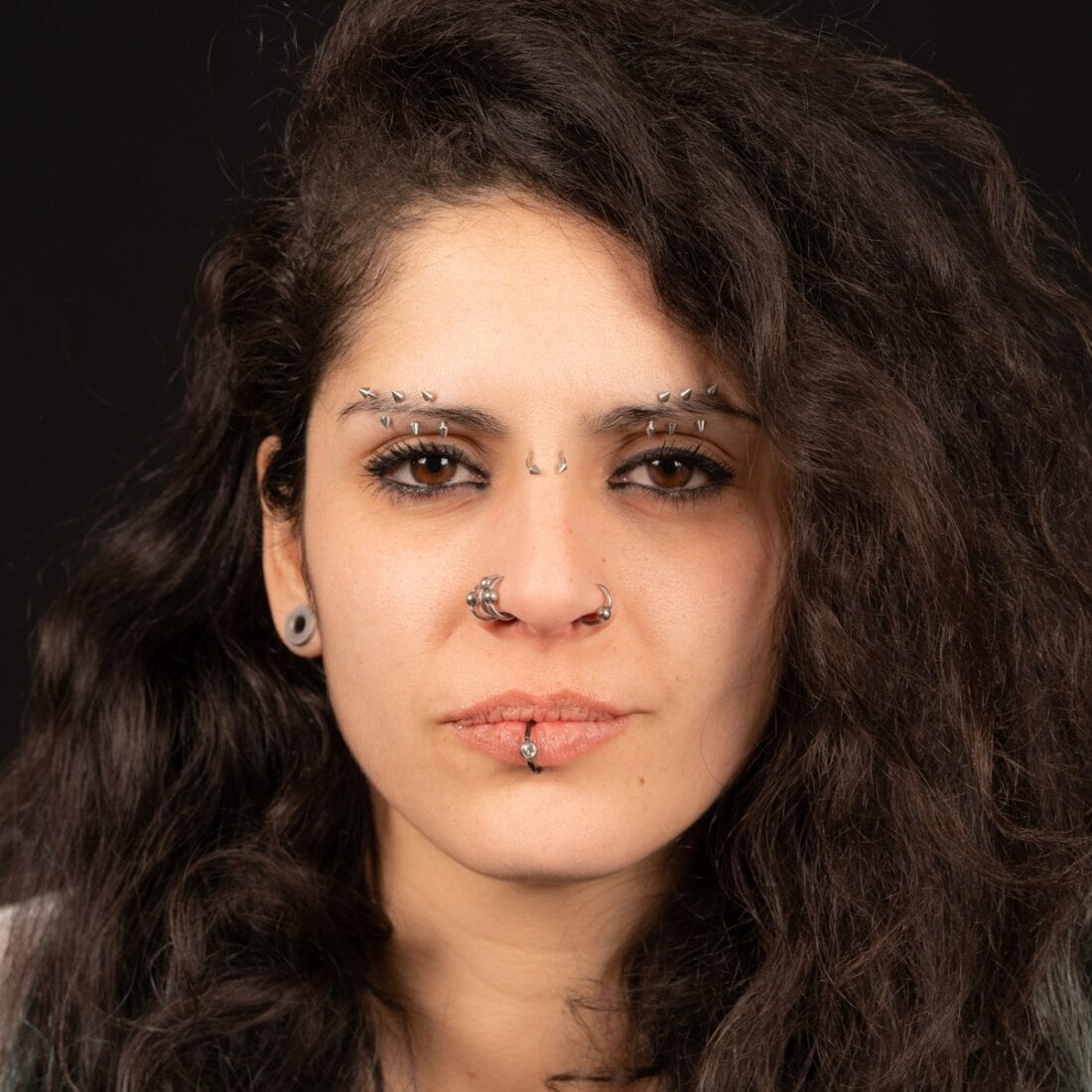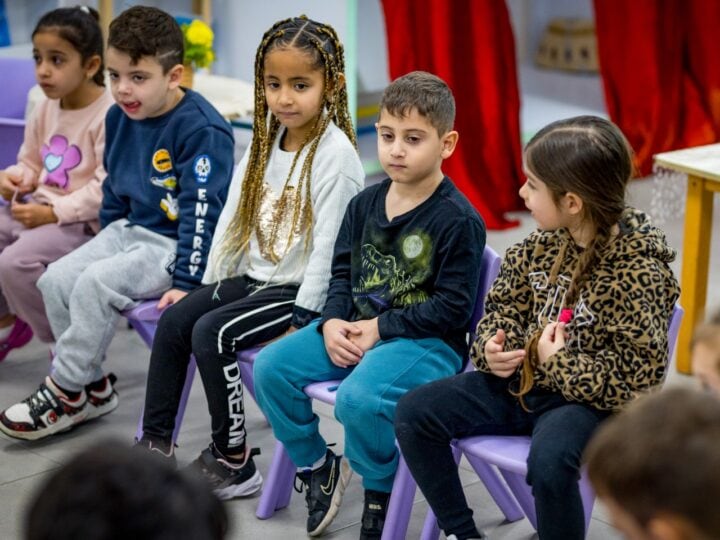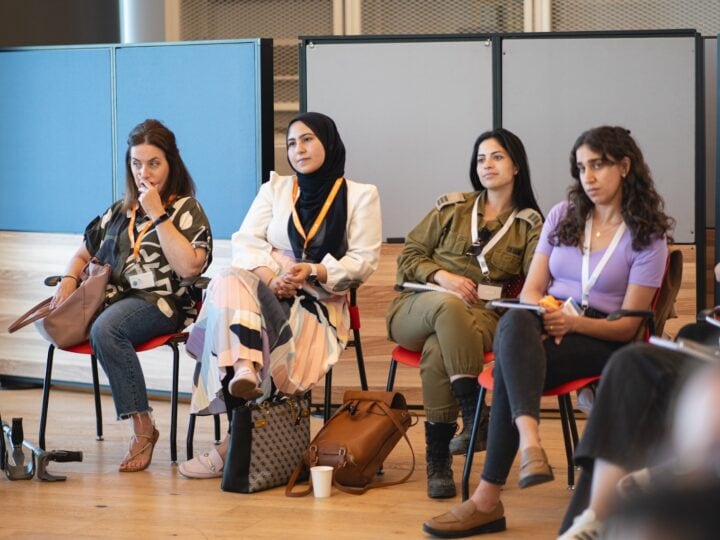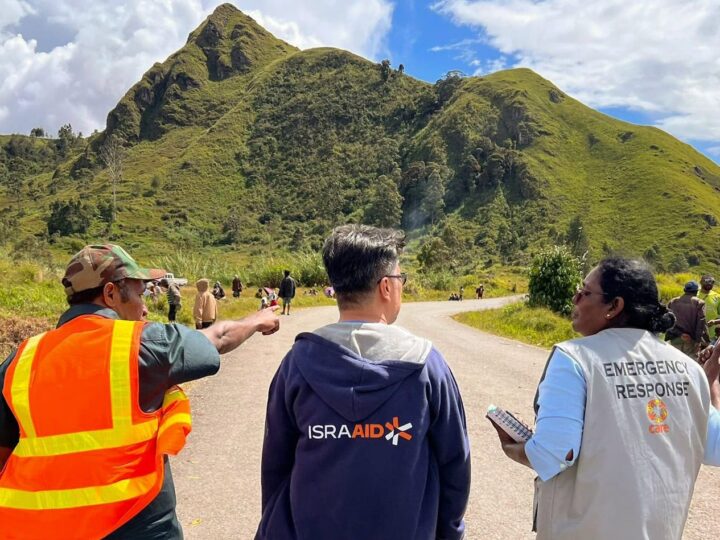On normal days, Nora Lifshitz is an Israeli “bat woman,” as the founder and main operator of the Israeli Bat Sanctuary run by ATALEF.
She established the nonprofit organization to treat and rehabilitate injured Israeli fruit bats and release back into nature those fit enough to survive.
The documentary “Nora,” exploring her life and work, won first place in the debut film category at Tel Aviv’s most recent DocAviv festival.
Her big heart, full of love for all animals, combined with her years of experience working for them, even in stark situations — for example, rescuing 21 abused puppies from Ramallah that turned out to carry the CPV virus, nursing them all back to health and finding them homes — means she also rescues dogs, turkeys, cats, birds, and any other injured living being that finds her along the way. Even in times of war.
Since the attacks from Gaza began, Lifshitz has shifted much of her focus to helping all animals, mostly pets.
‘Stealing’ animals
As she speaks to ISRAEL21c from the field, you can clearly hear the barking of stressed-out dogs in the background.
“I love all animals, and I have abilities in this field,” she explains about her involvement near Gaza these days, where part of her work is getting stranded animals, left behind, out of harm’s way. She persists even when, for example, her car broke down in the middle of a dangerous place.
“I’m good at ‘stealing’ animals when needed,” she says jokingly. “So far I have taken out dogs, cats, parrots, a goat, rabbits — about 80 to 90 animals from the surrounding area — since the war started.”
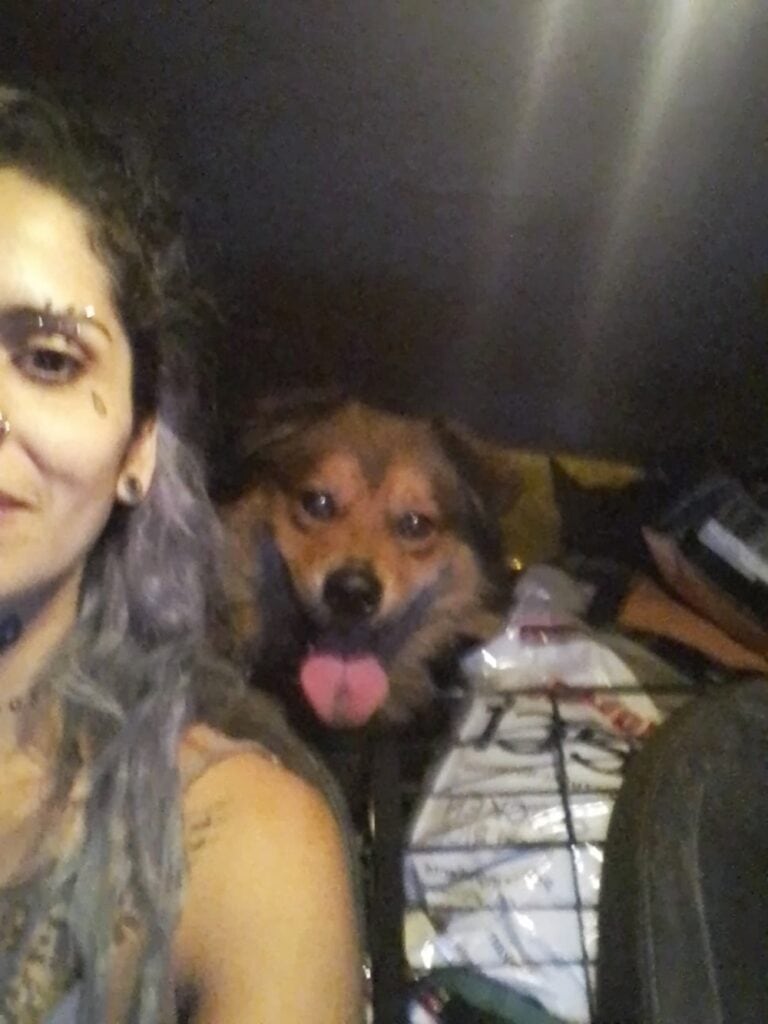
But not everything is so Instagram-able in her current work.
“I drug aggressive or hysterical dogs if needed. I have had to carry rabbits and cats in bags or pillowcases. I’ve been here since Monday, and the whole area was of course full of crazy activity going on. There wasn’t a possibility of lingering or taking a break.”
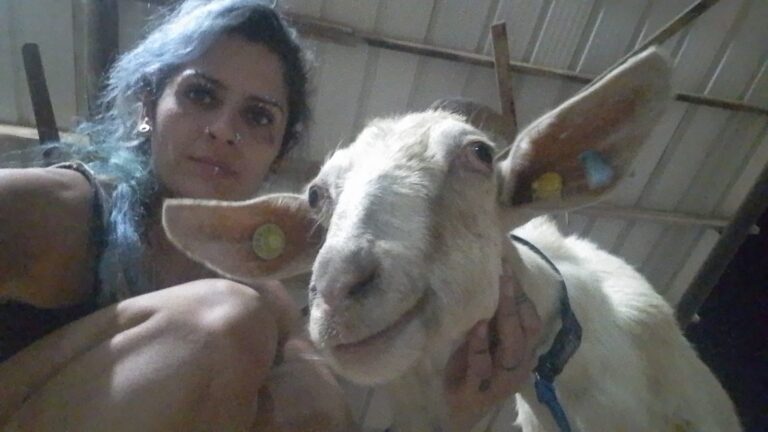
“It’s not about going there to take a picture with a cute dog and put it on social media,” she explains.
“There is a harder side which I find to be the most meaningful in this work. Many times I go into settlements where people have been kidnapped or murdered, waiting four hours at the checkpoint to be able to go in just to verify for the owner whether their animal really died.”
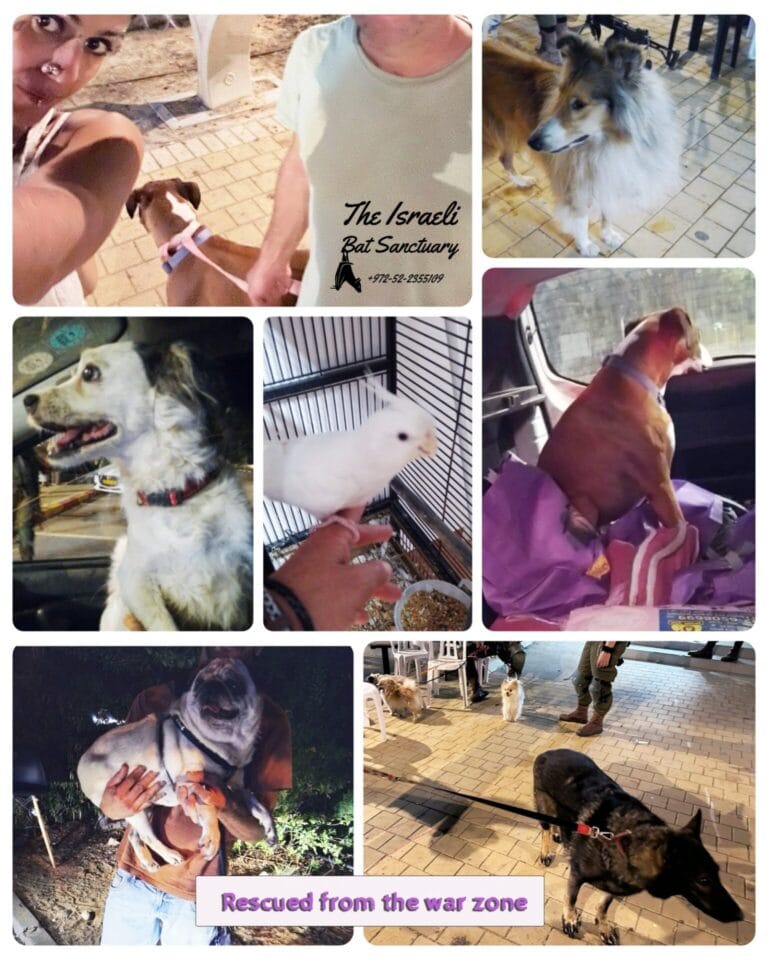
Executed pets
A horrific fact that the media has not really focused much on, is that dozens of pets were also brutally executed by Hamas on October 7.
“I have to go in and take pictures, notify the owners, convince them that it really is their pet, some of them ask for a picture. There are those who have lost their entire family, their home, and what they have left is only this pet. And they want to know. It’s a terrible part of the job, but to me it’s the most important,” Lifshitz tells ISRAEL21c.
Among her rescues, there are some “really post-traumatic dogs and you see it on their faces. It’s crazy. It’s heartbreaking. They sometimes try to bite, but in the end they will be cool with you. It’s a difficult area; there are attack dogs on leashes meant to guard, meant to attack, and most of them were left behind.”
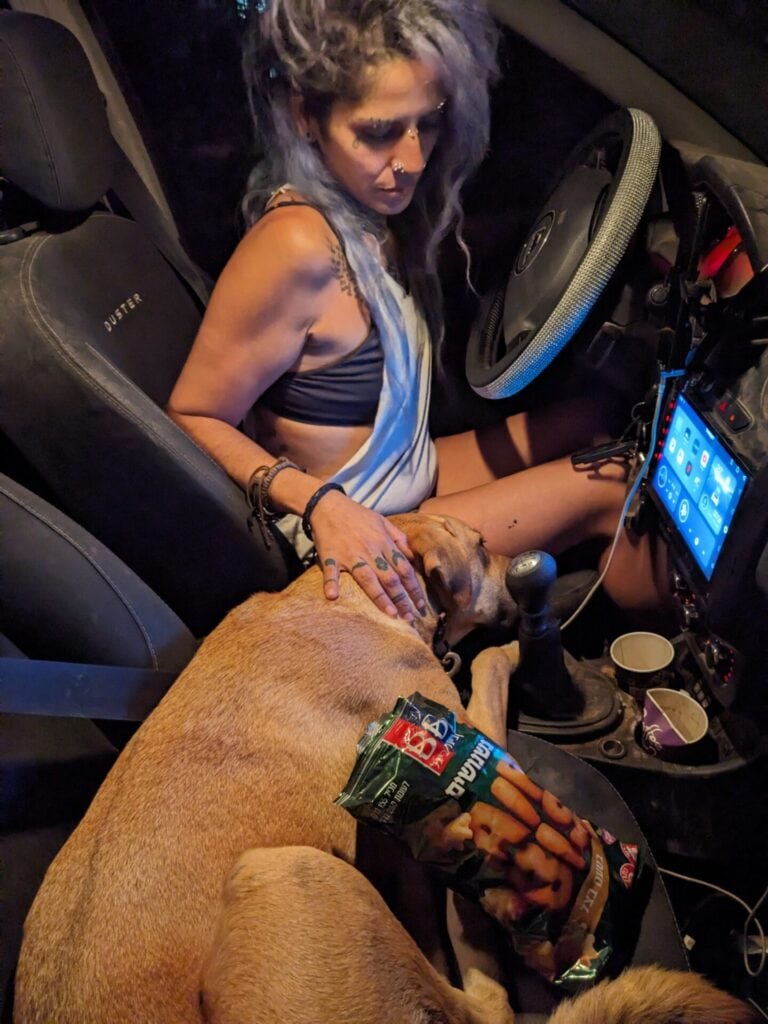
Someone from a community literally on the fence with Gaza contacted Lifshitz. “He stayed simply because he has chickens there he was taking care of all of his life, and he can’t reach them to feed them,” she relates.
“The army is not willing, of course, to accompany him because it’s right on the fence, so he needed my help. You could say, well, they’re just chickens. But it’s important to him. These animals are a big part of people’s lives.”
True champions
Lifshitz’s work is possible thanks to donations and the assistance of volunteers, but her most important allies these days are the chief security officers in the Gaza envelope settlements.
“They know the place best, they know the people and the animals, where their houses are — and they take me so that I can fulfill all these tasks. They are true champions,” she says.
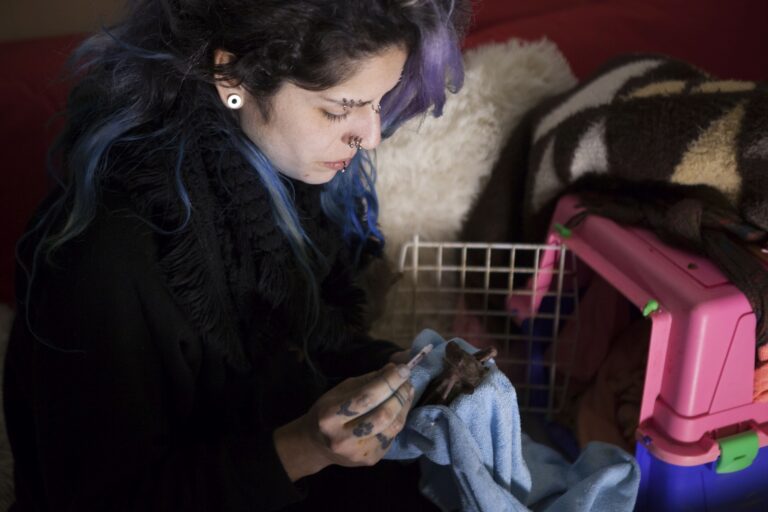
ATALEF is seeking donations to cover the costs of operations, food, medicine and medical treatments for the animals impacted by the war.
Lifshitz is also supplying vegan food and supplies to soldiers currently in the field (about one of every 18 soldiers is vegetarian or vegan, but most of the food that Israelis are cooking and sending to bases is animal-based).
You can follow ATALEF on Facebook, Instagram and TikTok.




